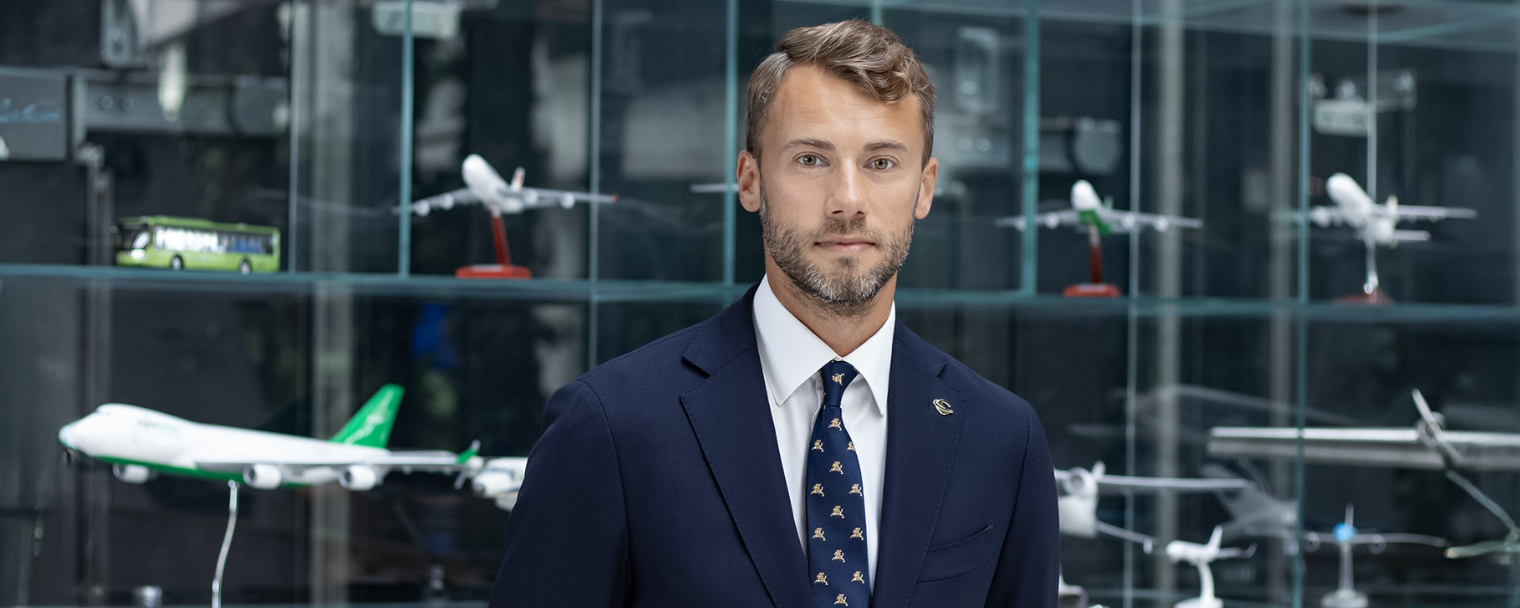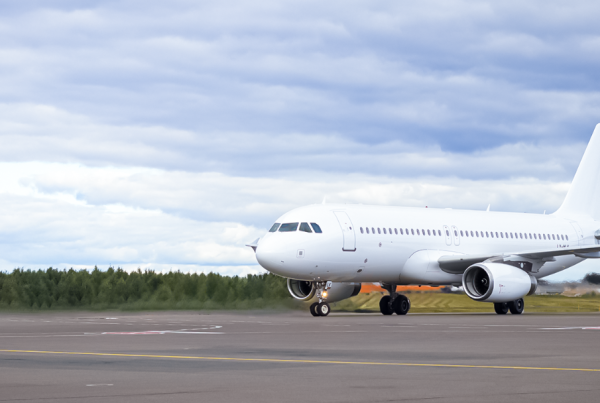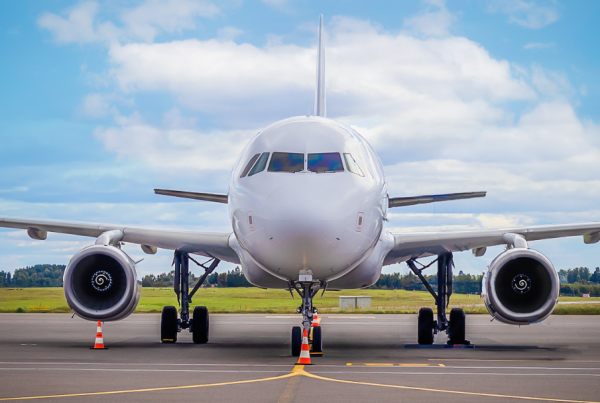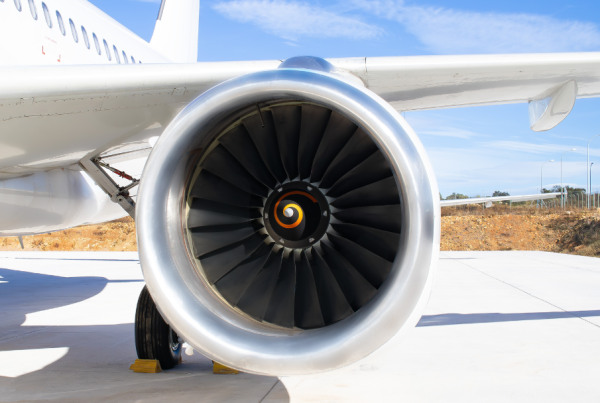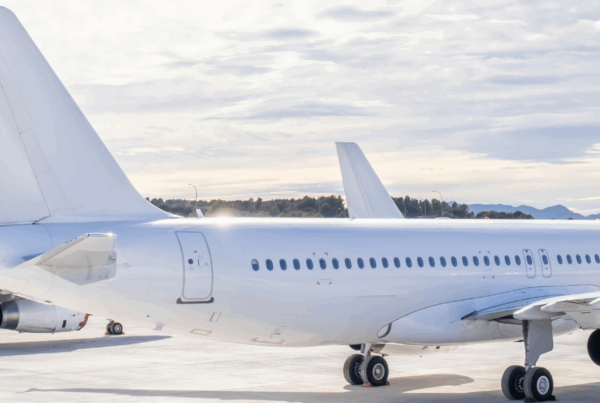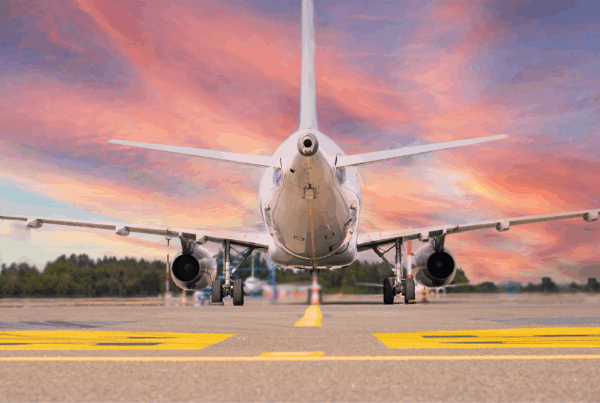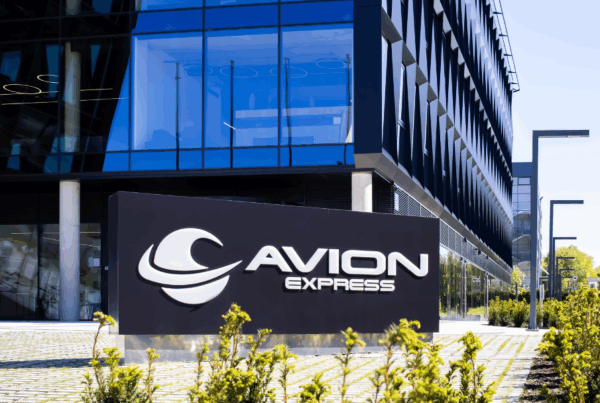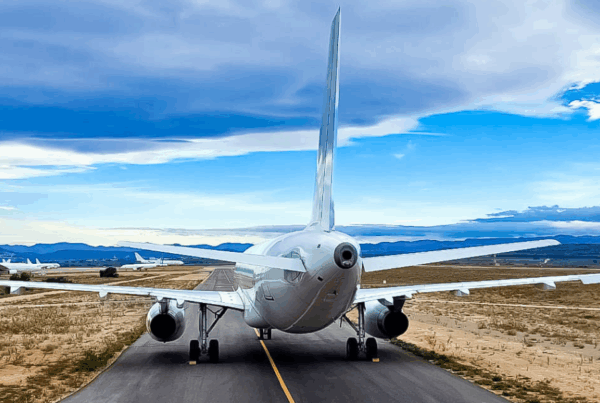In just eight years, “Avion Express” has grown its revenue from $80 million to $530 million, expanded its fleet to 55 aircraft, and built a global team of 1,800 aviation professionals. Yet, according to Darius Kajokas, CEO of “Avion Express” and “Avion Express Malta” (both part of “Avia Solutions Group”), this is only the beginning of their journey. Still, the company’s rapid growth stands as one of the most remarkable success stories in Lithuania’s aviation history.
The Business’s Mission is to Manage Seasonal Fluctuations
“An airline for airlines” — that’s how Kajokas informally describes “Avion Express”. The airline doesn’t lure passengers with discounts or special offers, as its clients are not travelers themselves, but other airlines and carriers. “Avion Express” operates flights across five continents, with its main distinction being the support it provides to other airlines in managing passenger flows affected by seasonal demand.
“Our home market is Europe, where the summer season runs from April to October,” Kajokas explains. “During the winter, local airlines often operate at a loss, making most of their profit during summer. The challenge they face in peak months is a shortage of aircraft. Whether they want to test new routes or add more flights, they often don’t have enough planes — and that’s true for both small and large airlines.”
“Avion Express” operates under the ACMI model — short for Aircraft, Crew, Maintenance, and Insurance. The concept is simple: leasing aircraft for short periods (usually for up to a year) complete with crew, technical maintenance, and insurance. ACMI operators aim to use their fleets as efficiently as possible. When demand drops in Europe, planes are moved to other regions where travel demand is peaking.
That’s why, in recent years, “Avion Express” has expanded into three new non-European markets: Brazil, Mexico, and the Philippines — all with opposite seasonality to Europe. Each country, however, brings its own legal and business challenges, shaping the company’s local strategy.
Brazil: A “Continent Within a Continent” with Huge Potential
“Brazil is larger than all EU countries combined, it’s practically a continent on its own,” Kajokas says. “Its aviation market is impressive, serving over 100 million passengers each year. Analysts see huge growth potential here: while Europeans and Americans average about 2.5 flights per person annually, in Brazil that number is five times lower.”
The Brazilian aviation market is known for being highly closed to foreign competition. However, establishing a local company gives “Avion Express” a major strategic advantage over future newcomers who still have to navigate the complex regulatory landscape.
“Our goal was to be seen as a local player, and by early 2025 we obtained our Air Operator Certificate (AOC) from Brazil’s Civil Aviation Authority,” Kajokas notes. “We’ve since built a strong local team of industry-savvy professionals and managers. A sign that we’ve truly become a local player is that we fly football teams. Football in Brazil is an even bigger religion than basketball is in Lithuania,” he adds.
One of the key challenges for Brazilian airlines is currency fluctuation. Revenue comes in Brazilian reals, while aircraft are purchased in US dollars. Since aircraft are typically ordered several years in advance, a drop in the value of the real can result in significant losses.
“The ACMI business model offers local airlines a safer alternative allowing them to lease additional aircraft during peak seasons without the major financial investment that purchasing them would require,” Kajokas explains.
Key to Success in Mexico: Working with Local Pilots
Mexico is another country where “Avion Express” sees major growth opportunities. For years, strict local regulations, allowing only Mexican citizens to work as pilots, limited foreign companies’ expansion. But a few years ago, when one of Mexico’s main carriers, “Viva Aerobus”, faced “Pratt & Whitney” engine issues, a window of opportunity opened.
“We received special permission to operate flights,” Kajokas recalls. “However, we wanted to create a partnership that would support not only the airline, but their pilots as well. So, we provided “Viva Aerobus” with aircraft and created conditions for their own pilots to fly them. This helped the company to retain its crews, even when its own planes were grounded due to technical issues.”
That collaboration has been ongoing for over two years now, and recently “Avion Express” signed another partnership agreement — this time with “Volaris”, Mexico’s second-largest airline.
Southeast Asia: A Strategic Focus for “Avion Express” and the Whole Group
According to “Boeing”, Southeast Asia is the fastest-growing aviation market in the world, projected to expand by 7.2% annually over the next two decades. “Avia Solutions Group” has already established a strong presence in the region: “FL Technics” provides aircraft maintenance, “BAA Training” provides pilot training, and ACMI airlines are being developed in Thailand and Malaysia.
“Avion Express” is also pursuing ambitious strategic goals in Asia, having already worked with carriers in Cambodia, Vietnam, and Thailand.
“In this region, our business model is still relatively new,” Kajokas says. “One of our main tasks is to educate the market, to meet with airline executives and explain the value we provide. Fortunately, the numbers speak for themselves: airlines that use the ACMI model strategically can increase profitability by 3–5 percentage points.”
The “Avia Solutions Group” Effect: Global Reach and Synergy
Avion Express’s expansion across five continents is part of Avia Solutions Group’s broader global strategy, encompassing hundreds of companies worldwide. As D. Kajokas notes, while there’s healthy competition within the group, especially those providing similar services, cooperation and mutual support is far stronger.
“During these meetings, we discuss the most important business matters,” he says. “Since we’re spread all around the world, for some the meeting takes place at 10 p.m., while for others it’s early in the morning. Through discussions like these, you can really feel that you’re part of a truly global community.”
That synergy isn’t just a buzzword, it’s real. For instance, “Avion Express” installed an “Airbus A320neo” simulator at the “BAA Training” base, which is used both by new cadets and current pilots. ACMI companies within the group can also temporarily lend some of their aircraft to one another. This usually happens when one of them has committed to more flights with clients than it can handle with its own resources.
Vilnius: The Company’s Brain Center
Although “Avion Express” operates flights on five continents, its headquarters — the “brain center” — is located in Vilnius, Lithuania, where staff numbers have grown rapidly. In 2021, the office employed 130 people; today, that figure exceeds 460. Including pilots, crew, and technicians across the globe, the company now connects about 1,800 professionals from all over the world.
Kajokas highlights that the chance to work with different cultures and experience a range of organizations and leadership styles is a valuable growth opportunity for every professional.
“Our Vilnius office is incredibly multicultural — we have professionals from Lithuania, Spain, Italy, the Netherlands, Germany, Ukraine, Poland, Colombia, the Philippines, and many others. Aviation is international by nature, but here that aspect is even more pronounced. It’s one of the reasons we continue to grow and improve every single day,” he says.

